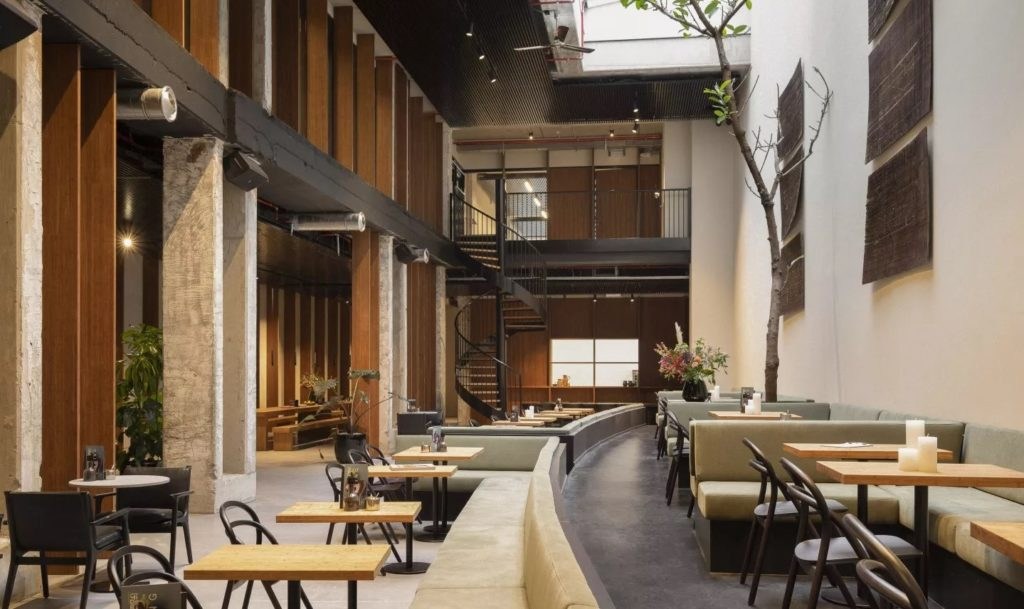Co-working spaces are a relatively new phenomenon, and had no sooner sprung up like mushrooms after rain tan along came Covid-19 to deliver what has turned out to be a death blow for some.
Where freelance workers and start-ups used to have to rent office space to carry out their business, with the arrival of co-working spaces that became superfluous: with a co-working contract, you could use the office facilities – meeting rooms, offices, wifi, coffee, secretarial presence – for a much more modest fee, and use it any time you wanted.
The formula was very popular among young ventures (The Brussels Times among them), peripatetic workers (some chains have multiple addresses) and freelancers now freed from the strangulation contracts offered by landlords in in-demand parts of town, including the EU quarter.
But then along came the coronavirus, and not only did regular office workers retreat into home offices, so did those who would have been the clients of co-working spaces. The very advantages they offered – contact with others and shared facilities – became deadly circumstances to be avoided.
Fosbury & Sons, which has five locations in Belgium and the Netherlands, was at one point aiming to expand to 12 by 2023, but has put the brakes on that plan in the light of what has happened.
“The first two years are crucial for the growth of a new co-working,' founder Maarten Van Gool told De Tijd.
“Our customers remained fairly loyal to us, but the new locations did not realise growth. People were not allowed to go to the office. We didn't attract any new customers while our leases continued to run.”
As a result of the crisis, Van Gool and fellow founder Stijn Geeraerts sold their shares to outside investors.
The experience of Welkin & Meraki, which aims to occupy the five-star niche of co-working, applied for a judicial reorganisation of its affairs, a step usually taken to stave off bankruptcy proceedings.
The company has one space, on the prestigious Avenue des Arts in Brussels. But CEO Alain Brossé explained the company had other reasons to take that step.
“We are applying for protection to seek capital and restructure our debt. But our occupancy rate continued to rise every month during the corona crisis. Today we are at 60 percent. That's amazing.”
The company, he explained, is not chasing the start-up market. Because of its location, close to the centre of government, the EU and the embassies, it targets five-star companies.
But now one other shadow hangs over the co-working sector: tele-working.
Since the beginning of the pandemic, people – mainly in office jobs – have been obliged to work from home as far as possible. Even if that legal obligation is no longer operative, a good proportion of the workforce concerned would like to continue to do so.
The customers who found co-working useful have since the beginning of 2020 found other ways of working, which experts now think might depress the prices of office rentals. If demand is down, then prices will follow for a very inelastic supply.
It could be, in other words, that co-working will now have to compete against a more affordable market in office rentals – the one thing that spurred their growth in the first place.

